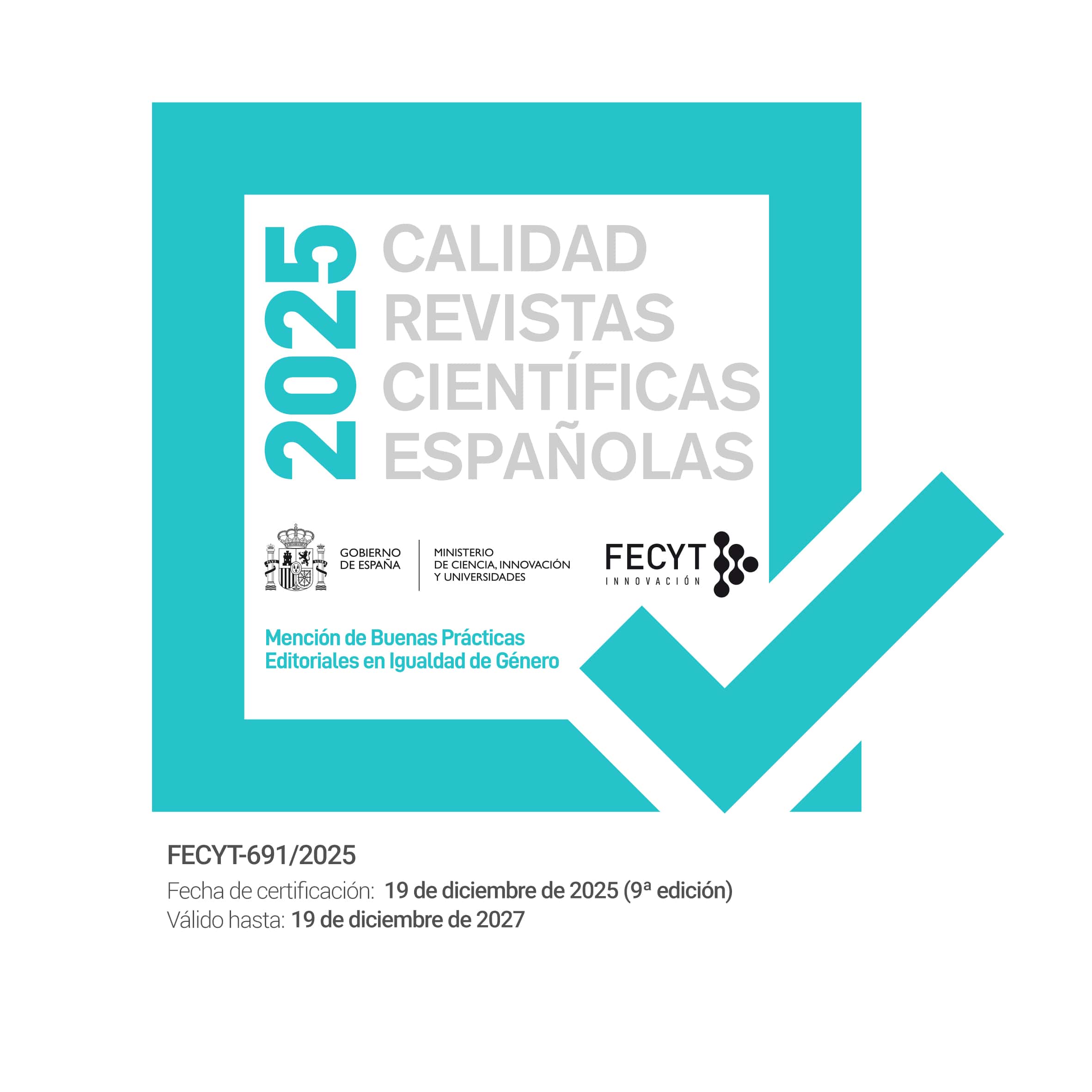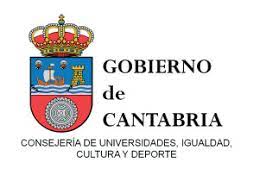«Union of wills» and «Adjustment of interests»: marriage in the sentimental theater of the 18th century
DOI:
https://doi.org/10.55422/bbmp.385Keywords:
Marriage, Social history, Sentimental drama, Eighteenth-century SpainAbstract
The present article analyses the issue of marriage in late 18th-century Spanish sentimental drama as viewed from the twin perspectives of prevailing legal conditions and changes in attitudes and social practices. The works featured suggest that the sentimental revolution arising from new modes of thought did not entail the acceptance of an idealized concept of marriage based solely on love and a free choice of marital partner. The conclusion to be derived from the texts analysed here is that the young advocated a model of marriage which took into consideration not only the affective features but also the financial implications of matrimony, and that they were the first to defend a set of values traditionally associated with marriage based on interest as laid down by parents or guardians; values such as honour, status and wealth, which sustained the established moral order. The theatre promoted a model of marriage based on love and reason, in which affection and the free will of the matrimonial couple concur with family interests and the interests of society as a whole.
Downloads
Publication Facts
Reviewer profiles N/A
Author statements
Indexed in
- Academic society
- Sociedad Menéndez Pelayo
- Publisher
- Sociedad Menéndez Pelayo
Global Statistics ℹ️
|
206
Views
|
213
Downloads
|
|
419
Total
|
|
References
Aguilar Piñal, Francisco. (1993-1995) Bibliografía de autores españoles del siglo XVIII, vols. VII y VIII. Madrid, C.S.I.C.
Andioc, René. (1976) Teatro y sociedad en el Madrid del siglo XVIII. Madrid, Castalia.
Andioc, René y Mireille Coulon. (1996) Cartelera teatral madrileña del siglo XVIII (1708-1808). Toulouse, Presses Universitaires du Mirail.
Angulo Egea, María. (2002) «Fingir y aparentar. La imagen de las mujeres en el teatro sentimental de Luciano Francisco Comella (1751-1812)», Dieciocho, 25.2, pp. 281-301.
Bolufer Peruga, Mónica. (1995) «Las ambigüedades del sentimiento: el amor conyugal en textos del XVIII», en P. Fernández Albaladejo y M. Ortega López (eds.). Antiguo Régimen y Liberalismo. Homenaje a Miguel Artola. Vol. 3. Política y Cultura. Madrid, Ediciones de la Universidad Autónoma de Madrid-Alianza Editorial, pp. 429-438.
____ (1998) Mujeres e Ilustración. La construcción de la feminidad en la España del siglo XVIII. Valencia, Institució Alfons el Magnànim.
Burke, Peter. (2006) ¿Qué es la historia cultural?. Barcelona, Paidós.
Caldera, Ermanno. (1998) «Il matrimonio sulle scene settecentesche e ottocentesche», en Signoria di Parole. Studi offerti a Mario Di Pinto, a cura de G. Calabrò. Nápoles, Liguori Editore, pp. 111-123.
García Garrosa, María Jesús. (1990) La retórica de las lágrimas (La comedia sentimental española, 1751-1802). Valladolid, Secretariado de Publicaciones-Caja Salamanca.
Herrera Navarro, Jerónimo. (1993) Catálogo de autores teatrales del siglo XVIII. Madrid, Fundación Universitaria Española.
Martín Gaite, Carmen. (1981) Usos amorosos del dieciocho en España. Barcelona, Lumen.
Morant Deusa, Isabel y Mónica Bolufer Peruga. (1998). Amor, matrimonio y familia. La construcción histórica de la familia moderna. Madrid, Síntesis.
Novísima Recopilación de las Leyes de España. (1805) Madrid, s.i.
Pascua, María José de la. (2005) «Las relaciones familiares. Historias de amor y conflicto», en I. Morant (dir.). Historia de las mujeres en España y América Latina, vol. II. Madrid, Cátedra, pp. 287-315.
Ramírez y Góngora, Manuel Antonio. (1803) Óptica del cortejo, en Obras del Coronel Don Joseph Cadalso. Madrid, Mateo Repullés, tomo IV, pp. [5]-123.
Rodríguez de Arellano, Vicente. (s.a) Clementina y Desormes. Barcelona, Agustín Roca.
Stone, Lawrence. (1990) Familia, sexo y matrimonio en Inglaterra, 1500-1800. México, Fondo de Cultura Económica.
Trigueros, Cándido María. (1988) El Precipitado. Ed. de Piedad Bolaños Donoso. Sevilla, Alfar.
Zavala y Zamora, Gaspar. (1836) El triunfo del amor y la amistad, Jenwal y Faustina. Valencia, Ildefonso Mompié.
____ ([1790]) La Justina. S.l., s.i.
Downloads
Published
How to Cite
Issue
Section
License
Copyright (c) 2022 María Jesús García Garrosa

This work is licensed under a Creative Commons Attribution-NonCommercial 4.0 International License.








